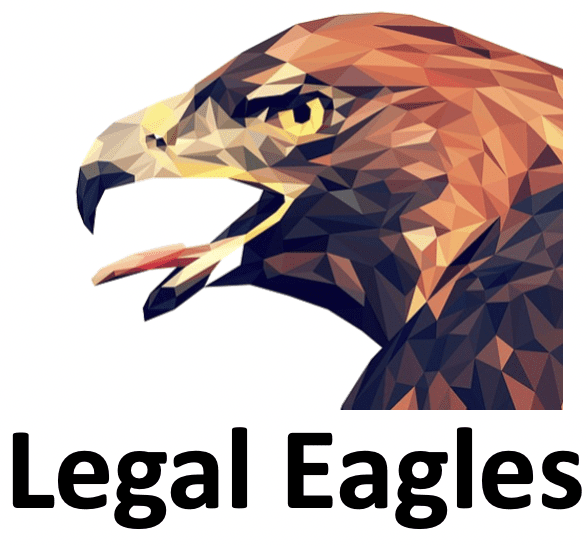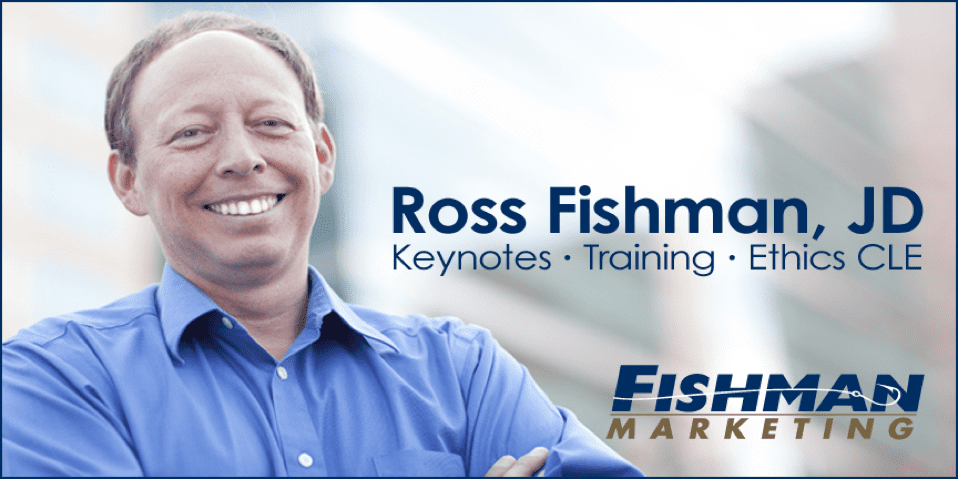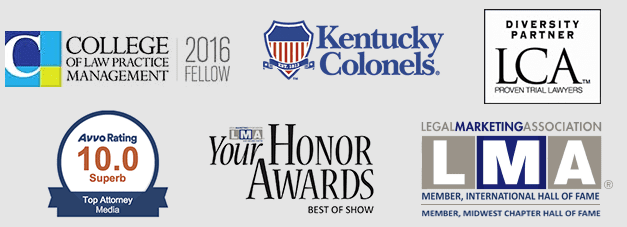“Firm Names and Letterheads”
Rule 7.5 of the pre-2018 ABA Model Rules of Professional Conduct discussed the ethical use of firm names and letterheads. Lawyers are required to ensure that any use of firm names or letterheads is truthful and not misleading to the public.
Violations of Rule 7.5 can result in disciplinary action and damage to a lawyer’s professional reputation. Although the ABA deleted 7.5, it still exists in various forms in many other states. Here are some ways lawyers licensed in states that still have this rule can violate it.
- Using a fictitious firm name: Lawyers cannot imply the existence of a partnership or association that does not exist. For example, a firm cannot use a name like the “Law Offices of Jane Doe” if the firm has only one office.
- Using a misleading firm name: Lawyers cannot imply that the firm has a practice specialty that it does not have. For example, a law firm cannot use a name like “Smith & Sons Personal Injury Lawyers” if (a) there are no sons or (b) the firm does not focus on personal injury law.
- Using a letterhead that is misleading: Lawyers cannot use a letterhead that implies that the firm has a practice specialty it does not have. For example, a firm can’t use a letterhead that says “Criminal Defense Lawyers” if the firm does not specialize in criminal defense law.
- Using a trade name: Lawyers cannot use a trade name unless it is also the lawyer’s name or the name of a deceased or retired partner. For example, a law firm cannot use a trade name like “Legal Eagles” unless one of the partners has the last name “Eagle.” This issue is softening nationwide; review your state’s application of this rule.
- Using a letterhead that implies a partnership or association that does not exist: For example, a solo practitioner cannot use a letterhead that says “Smith & Associates.”
- Using a letterhead that implies an office in a location where the firm is not authorized to practice law: For example, a law firm cannot use a letterhead that says “New York Office” if no lawyers at the firm are licensed to practice law in New York.
- Using a letterhead that includes misleading or prohibited information: For example, a firm cannot use a letterhead that says “Certified Family Law Specialist” unless the lawyer is actually certified in that area of law, and otherwise follows the particular state’s other ethics rules regarding certifications.
- Using a letterhead that implies government affiliation: For example, a law firm cannot use a letterhead that says “Department of Justice Law Firm” if the firm is not affiliated with the Department of Justice.
In conclusion, legal marketing can be a minefield, and even small mistakes can have serious consequences for lawyers and law firms. Staying up to date with the ABA Model Rules of Professional Conduct and your state’s particular ethics rules is essential to avoiding ethical violations in marketing. Lawyers should be cautious when it comes to advertising, solicitation, and the use of potentially misleading language or tactics in their marketing efforts. Additionally, lawyers should always be mindful of their duty to maintain client confidentiality and avoid conflicts of interest.
By being aware of the common marketing-ethics mistakes lawyers make and taking proactive steps to avoid them, legal professionals can build a strong reputation for their practice and attract clients in an ethical and professional manner. Ultimately, the goal of legal marketing should be to provide potential clients with accurate and informative information about a law firm’s services and capabilities, while also maintaining the profession’s highest ethical standards.
―――――――――――
Interested in booking Ross Fishman for your retreat, marketing training, or Ethics CLE program? See rossfishman.com.
Contact Ross directly at ross@fishmanmarketing.com, or 1.847.921.7677!



